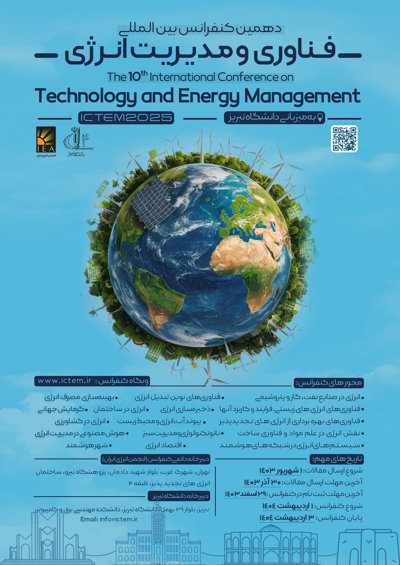0% Complete

نویسندگان :
کلمات کلیدی :
چکیده :
لیست مقالات بایگانی شده
نسرین رشوند - مهسا شهپر - هادی علی نیا
Amirhosein Mansouri - Mohammadreza Baniardalani - Maysam Saidi
Javad Nabatalizadeh - Iraj Faraji Davoudkhani - Hossein Shayeghi
سمانه ترابی - سیدرضا حسن بیگی
Hamid Jabari - Afshin Ebrahimi - Ardalan Shafiei-Ghazani - Farkhondeh Jabari
AmirReza Samadi Bonab - Amir A. Ghavifekr - Mina Salim - Parisa Shirinabadi - Elman Gazayi - Omid Feizi
حسن رزاقی - محمدرضا آقاابراهیمی - حمید مسعودی - امین صفدری
Hamed Karimi - Alireza Siadatan - Amirhosein Mansouri
Mahdi Afzalian - Roya Rateghi - Seyed Alireza Zolfaghari



